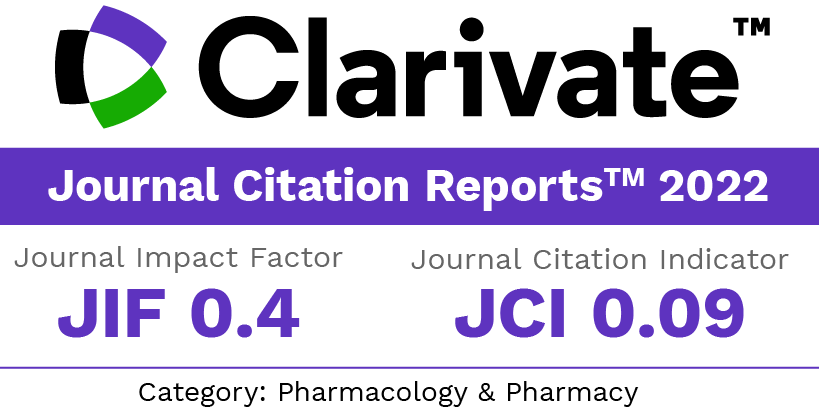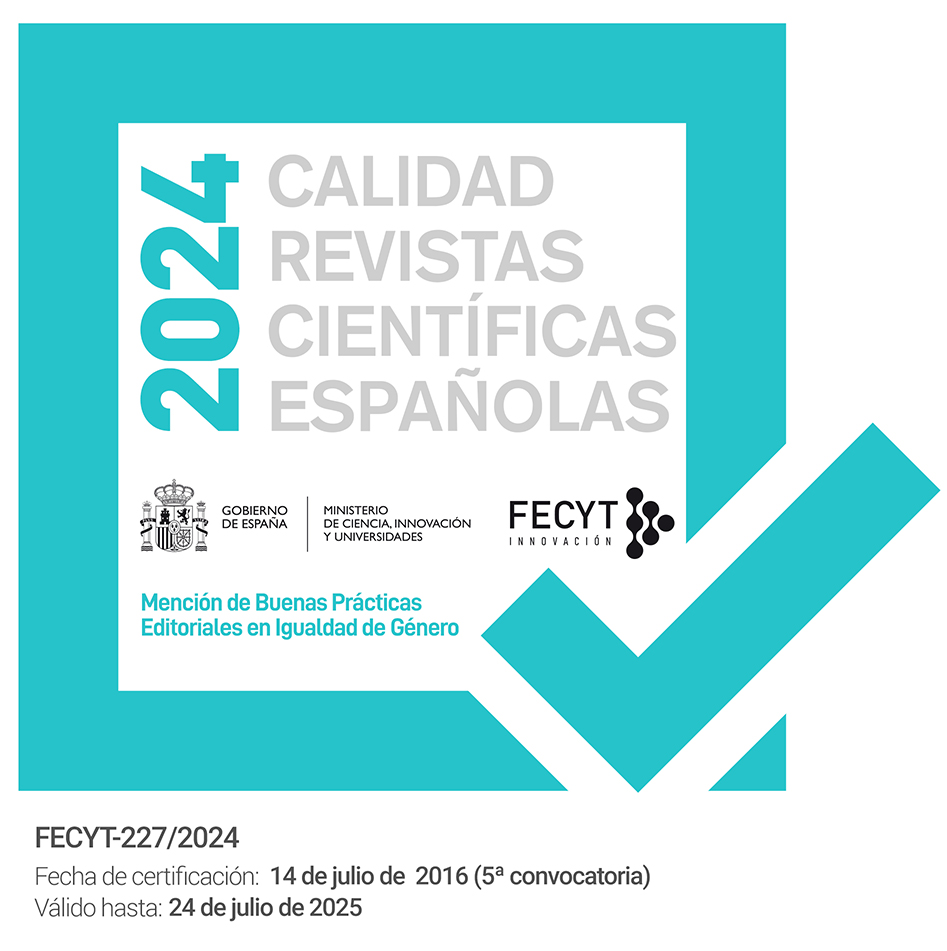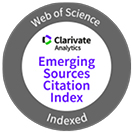Report on the Use of Direct-to-Consumer Genetic Test
DOI:
https://doi.org/10.30827/ars.v60i0.9454Keywords:
Direct-To-Consumer Genetic Tests, Community Pharmacy, Dispensing Act, Health PoliciesAbstract
The Direct-To-Consumer Genetic Tests (TGDC) provide access to genetic information without necessarily involving a physician or any other health personnel in the process.
TGDC can promote public awareness of genetic origin about some diseases, as, by bringing this type of information to general population, and not only to a specific patient, society becomes more aware of them. Therefore, a healthier lifestyle, personalized medicine and promotion of self-care are also increased.
Nevertheless, being the principle of autonomy the main argument alluded to in favor of the unlimited access to TGDC, it is not possible to affirm that the consumer acquiring them, is truly autonomous. The companies commercializing them do not currently have a quality track on the predictive value of their tests. Therefore, the precautionary principle should also operate, by preventing damage to whoever is exposed, without having the necessary information.
The non-regulation of TGDC may pose a risk to the consumer for two reasons: firstly, the absence of pre and post test genetic counseling by qualified personnel in accredited centers - as established by the Biomedical Research Law 14 / 2007-, and secondly, the absence of a correct interpretation of the results by a professional can pose a medical and psychological risk to the user
If a consumer decides to acquire one of these genetic tests online, the test is directly sent to home, and he/she will receive the results of the test and deciding what to do with them. These new possibilities for medical-health information are associated to these new ethical-legal approaches to which it is necessary paying attention in Spain.
The community pharmacy, as a health center and organized structure, next to general population and involved in education, professional advice, and participation in health programs, become the perfect allies in matters of possible health regulation of the TGDC. The protocols and screening studies carried out in Spain make the current community pharmacy an advantageous option for the regulation of TGDC, integrating with the pharmacy as a private health facility of public interest, within the National Health System.
Downloads
References
Javitt GH, Stanley E, Hudson K. Direct-to-consumer genetic tests, government oversight, and the First Amendment: what the government can (and can’t) do to protect the public’s health. Oklahoma Law Rev 2004;57:251-302. doi:10.1053/j.ackd.2006.01.003
Middleton A, Mendes A, Benjamin CM, Howard HC. Direct-to-consumer genetic testing: where and how does genetic counseling fit? Per Med 2017;14:249-257. doi:10.2217/pme-2017-0001
Kaye J. The regulation of direct-to-consumer genetic tests. Hum Mol Genet 2008;17:R180-R183. doi:10.1093/hmg/ddn253
Patrinos GP, Baker DJ, Al-Mulla F, Vasiliou V, Cooper DN. Genetic tests obtainable through pharmacies: the good, the bad, and the ugly. Hum Genomics 2013;7:17. doi: 10.1186/1479-7364-7-17
Imai K, Kricka LJ, Fortina P. Concordance study of 3 direct-to-consumer genetic-testing services. Clin Chem 2011;57:518-521. doi:10.1373/clinchem.2010.158220
Schaper M, Schicktanz S. Medicine, market and communication: ethical considerations in regard to persuasive communication in direct-to-consumer genetic testing services. BMC Med Ethics 2018;19:56. doi:10.1186/s12910-018-0292-3
Niemiec E, Kalokairinou L, Howard HC. Current ethical and legal issues in health-related direct-to-consumer genetic testing. Per Med 2017;14:433-445. doi:10.2217/pme-2017-0029
Henneman L, Timmermans DR, Van Der Wal G. Public experiences, knowledge and expectations about medical genetics and the use of genetic information. Community Genet 2004;7:33-43. doi:10.1159/000080302
Bollinger JM, Green RC, Kaufman D. Attitudes about regulation among direct-to-consumer genetic testing customers. Genet Test Mol Biomarkers 2013;17:424-428. doi:10.1089/gtmb.2012.0453
Critchley C, Nicol D, Otlowski M, Chalmers D. Public reaction to direct-to-consumer online genetic tests: Comparing attitudes, trust and intentions across commercial and conventional providers. Public Underst Sci 2015;24:731-750. doi:10.1177/0963662513519937
Schaper M, Wohlke S, Schicktanz S. «I would rather have it done by a doctor»-laypeople’s perceptions of direct-to-consumer genetic testing (DTC GT) and its ethical implications. Med Health Care Philos 2019; 22-31. doi: 10.1007/s11019-018-9837-y
Gill J, Obley AJ, Prasad V. Direct-to-Consumer Genetic Testing: The Implications of the US FDA’s First Marketing Authorization for BRCA Mutation Testing. JAMA 2018;319:2377-2378. doi:10.1001/jama.2018.5330
McGrath SP, Coleman J, Najjar L, Fruhling A, Bastola DR. Comprehension and Data-Sharing Behavior of Direct-To-Consumer Genetic Test Customers. Public Health Genomics 2016;19:116-124. doi:10.1159/000444477
Skirton H, Jackson L, Goldsmith L, O’Connor A. Are health professionals ready for direct-to-consumer genetic and genomic testing? Per Med 2013;10:673-682. doi:10.1111/j.1399-0004.2012.01863.x
Downloads
Published
How to Cite
Issue
Section
License
The articles, which are published in this journal, are subject to the following terms in relation to the rights of patrimonial or exploitation:
- The authors will keep their copyright and guarantee to the journal the right of first publication of their work, which will be distributed with a Creative Commons BY-NC-SA 4.0 license that allows third parties to reuse the work whenever its author, quote the original source and do not make commercial use of it.
b. The authors may adopt other non-exclusive licensing agreements for the distribution of the published version of the work (e.g., deposit it in an institutional telematic file or publish it in a monographic volume) provided that the original source of its publication is indicated.
c. Authors are allowed and advised to disseminate their work through the Internet (e.g. in institutional repositories or on their website) before and during the submission process, which can produce interesting exchanges and increase citations of the published work. (See The effect of open access).























